The drop in temperatures is a real test for our immunity. That's why it's important to consume healthy foods that are rich in nutrients. We highlight winter foods that are an excellent choice for cold days, both with their nutritional value and taste. If these foods are part of your table, you will certainly enjoy numerous health benefits.
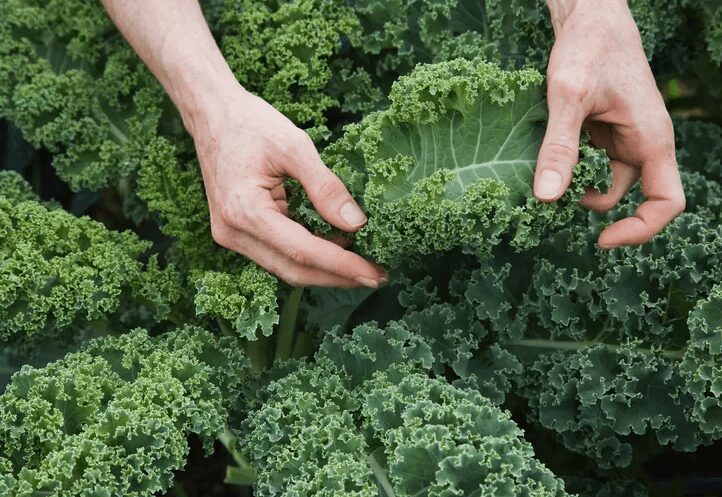 Kale
Kale
This leafy green is available in winter and is rich in vitamins A and C, magnesium, and antioxidants like lutein and beta-carotene, which support immunity and reduce inflammation. One cup of cooked kale contains 4.72 grams of fiber, about 171% of your daily needs.
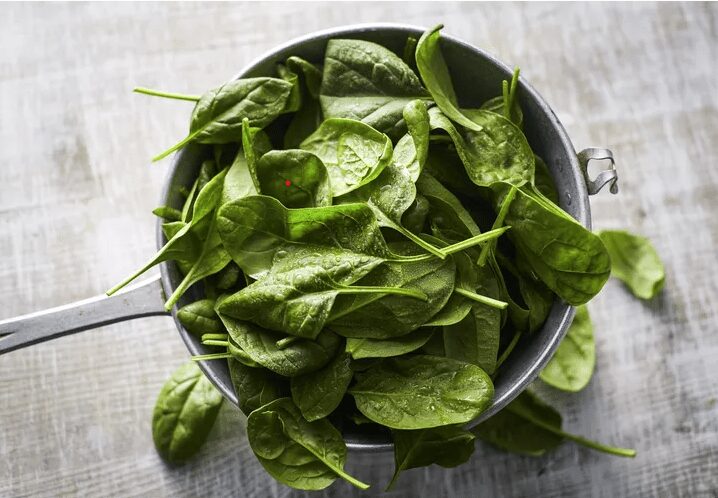 Spinach
Spinach
Another hardy vegetable that thrives in winter is spinach, which is rich in vitamins C and E, as well as antioxidants that protect cells from damage. Rich in folate, iron, and calcium, one cup of cooked spinach provides 19.51% of your daily vitamin C needs and 261% of your vitamin E needs.
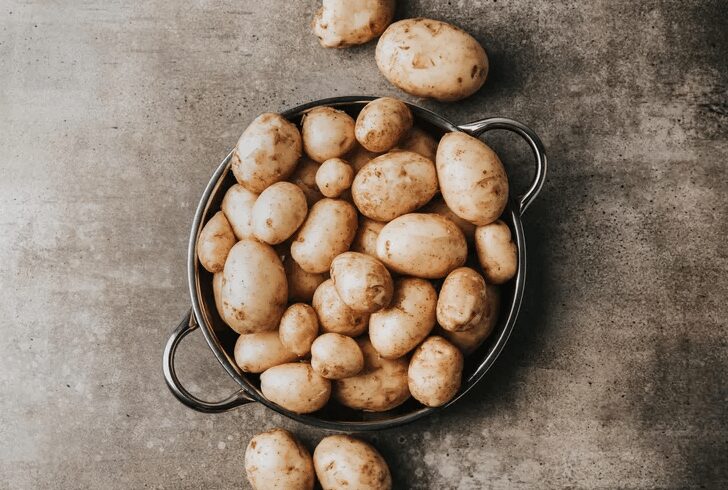 Potato
Potato
Potatoes have the ability to be stored for months without losing their nutritional value. They are rich in fiber, potassium, and B vitamins. One medium potato (red) covers 20% of the daily requirement for potassium, which is important for regulating blood pressure and nerve function.
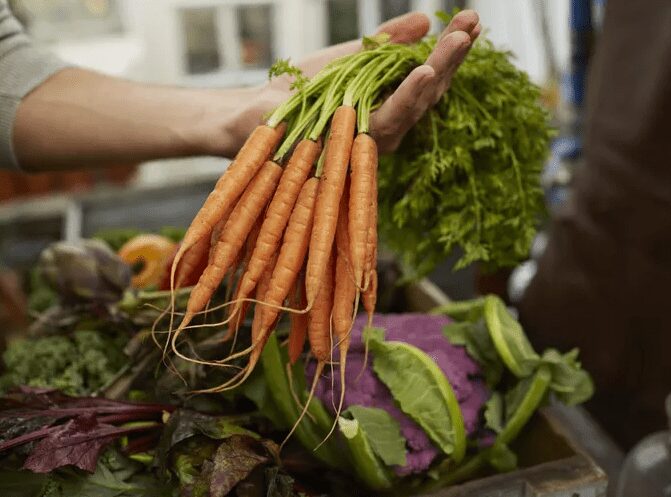 Carrot
Carrot
The cold encourages the carrot to convert starch into sugars, making it sweeter. Rich in vitamin A, one cup of fresh carrots provides 119% of the daily requirement, supporting eye health and reducing the risk of various diseases.
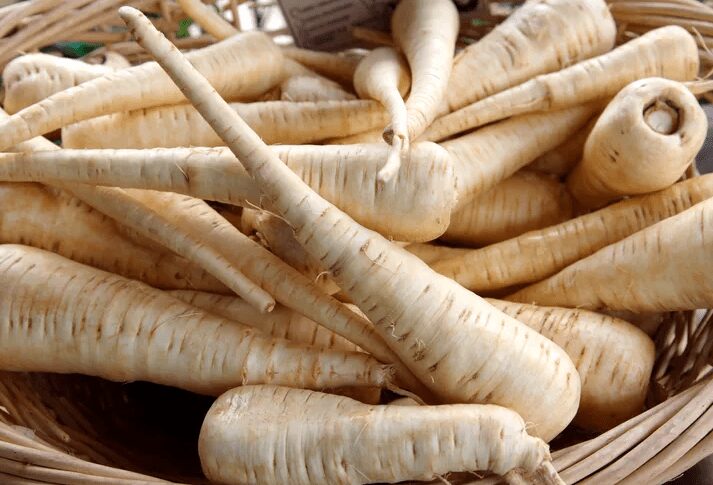 Parsnip
Parsnip
This root vegetable thrives in frost and gains a milder flavor. It is rich in fiber, vitamin C, potassium, and folate. One cup of cooked parsnips provides 22% of the daily requirement of vitamin C, contributing to digestive health and lowering blood sugar levels.
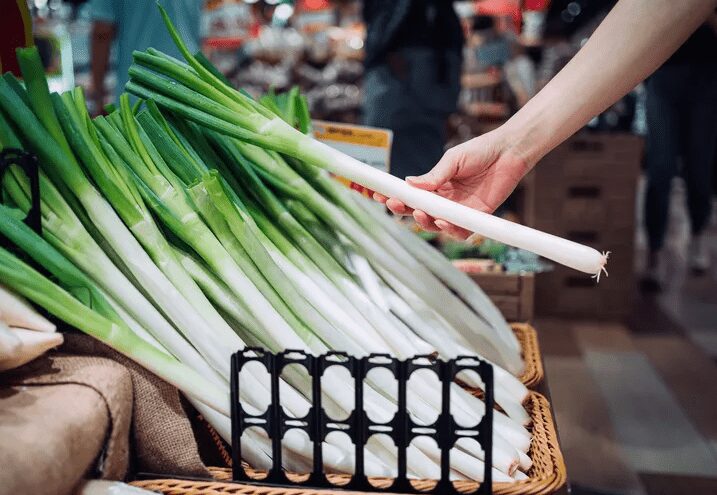 Leek
Leek
Leeks, part of the onion and garlic family, offer a mild, sweet flavor and are rich in vitamin K, manganese, and antioxidants like flavonoids. Diets rich in flavonoids have been linked to a reduced risk of heart disease.
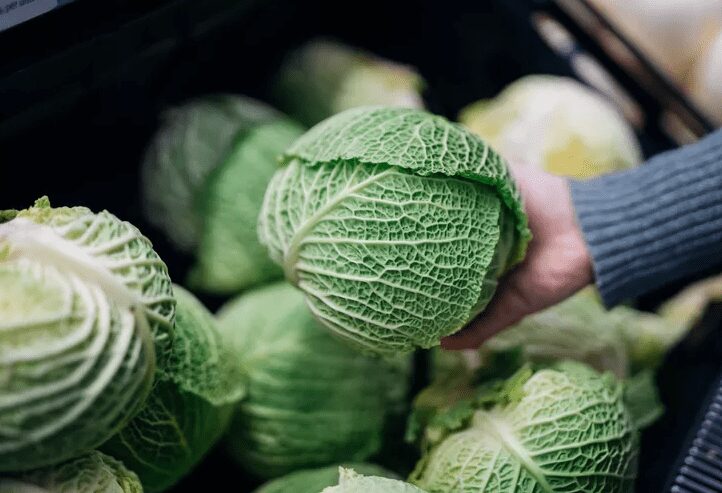 Cabbage
Cabbage
Cabbage has a long shelf life, is rich in vitamin C, folate, and antioxidants like anthocyanins, which may reduce the risk of heart disease. Red cabbage is especially rich in these protective compounds.
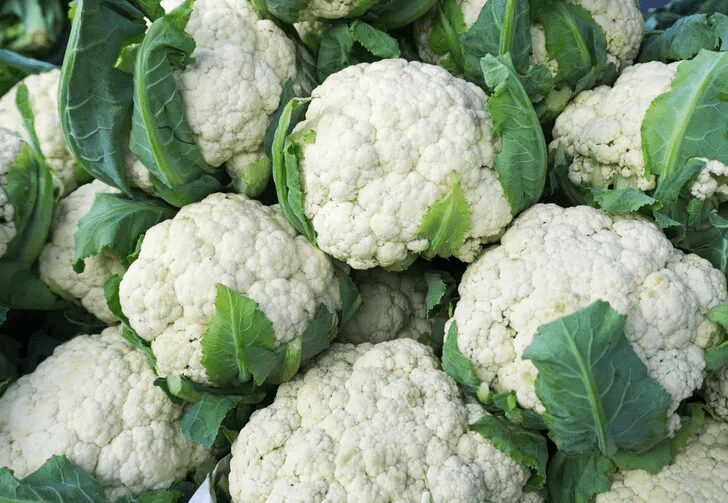 Cauliflower
Cauliflower
Frost-resistant and easy to store, cauliflower is low in calories, low in carbohydrates, but rich in nutrients like folate and vitamin C. Its antioxidants, like glucosinolates and phenolic acids, make it a popular choice for those following low-carb diets.
The vegetables that are present in winter are a real mine of nutrients.
Include these diverse foods in your meals to enjoy seasonal flavors while boosting your health during the cold months.
Source: health.com
